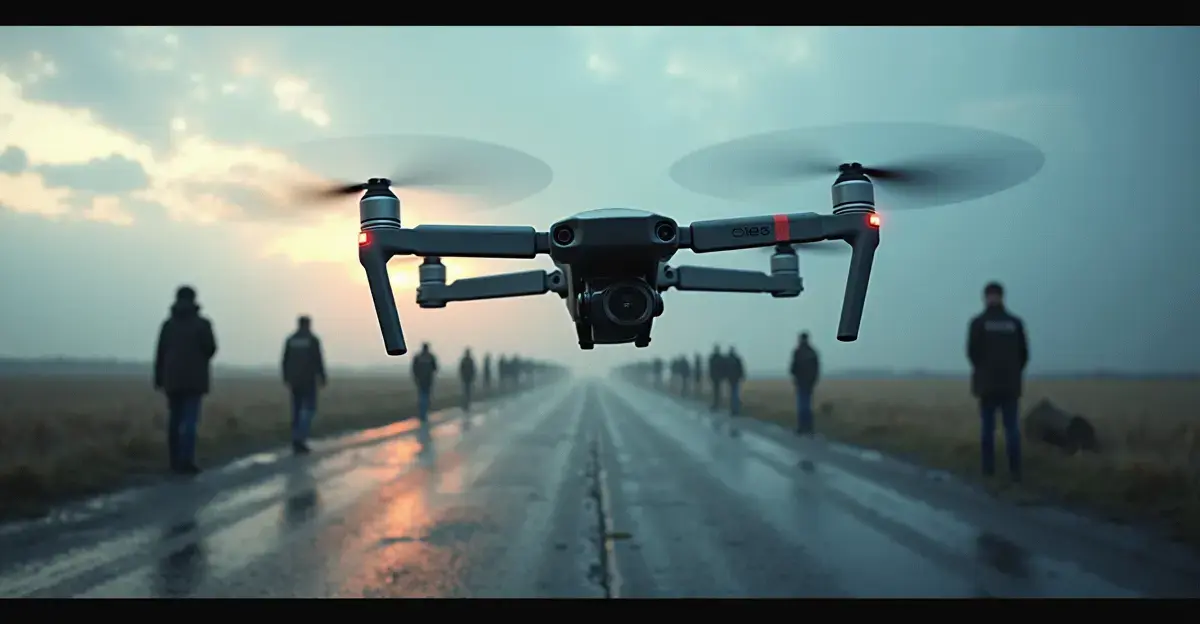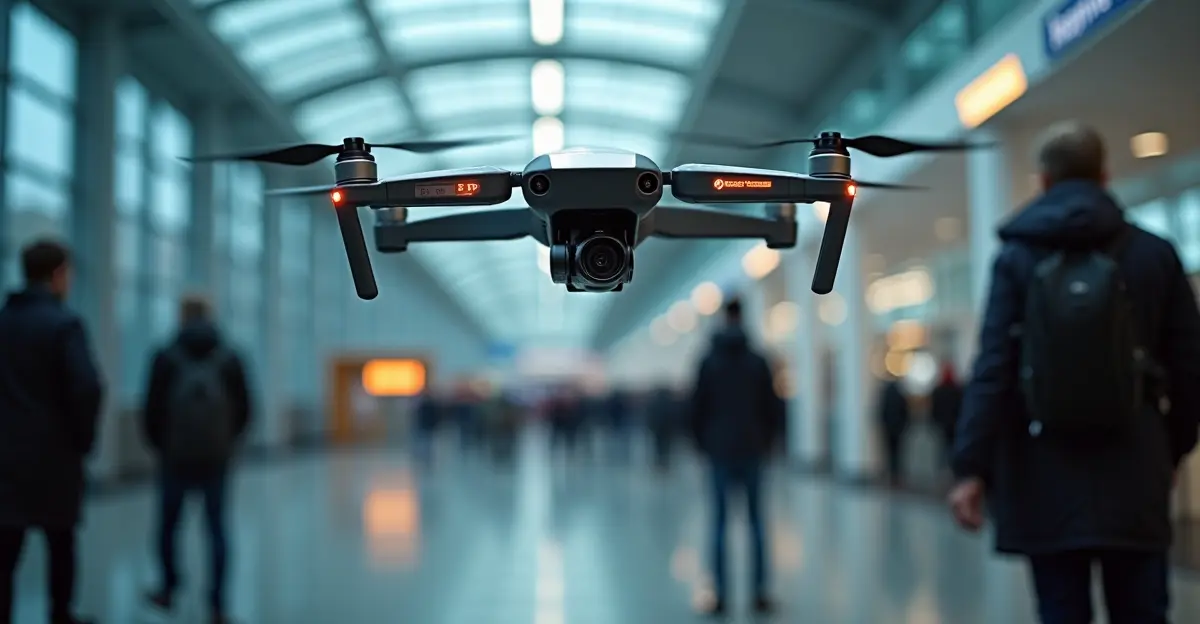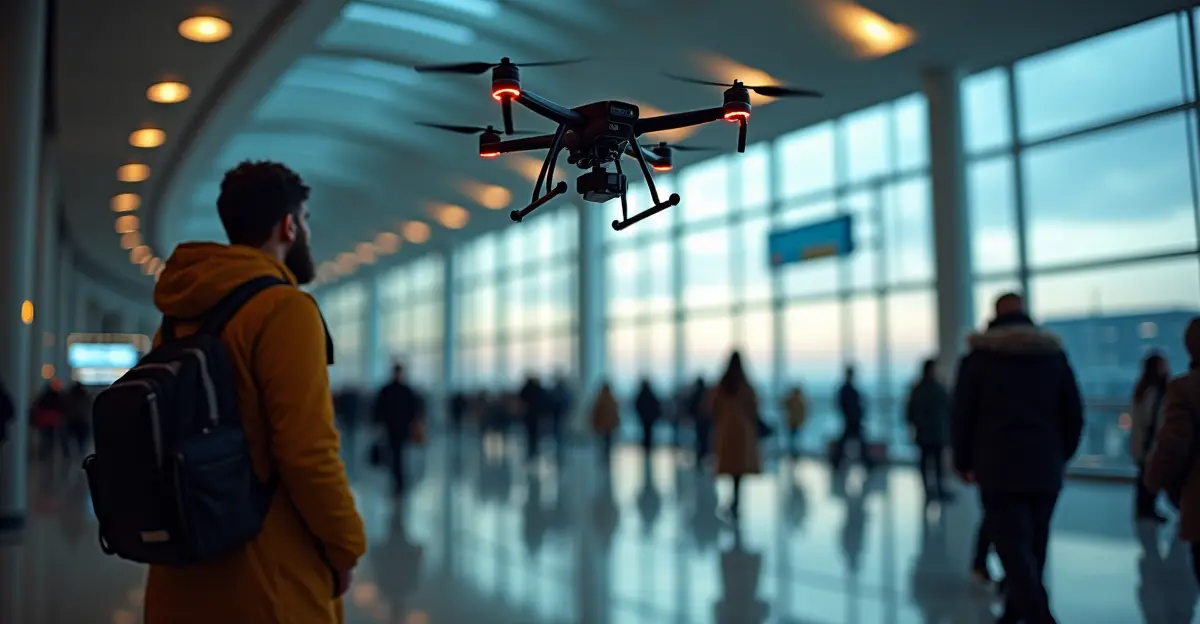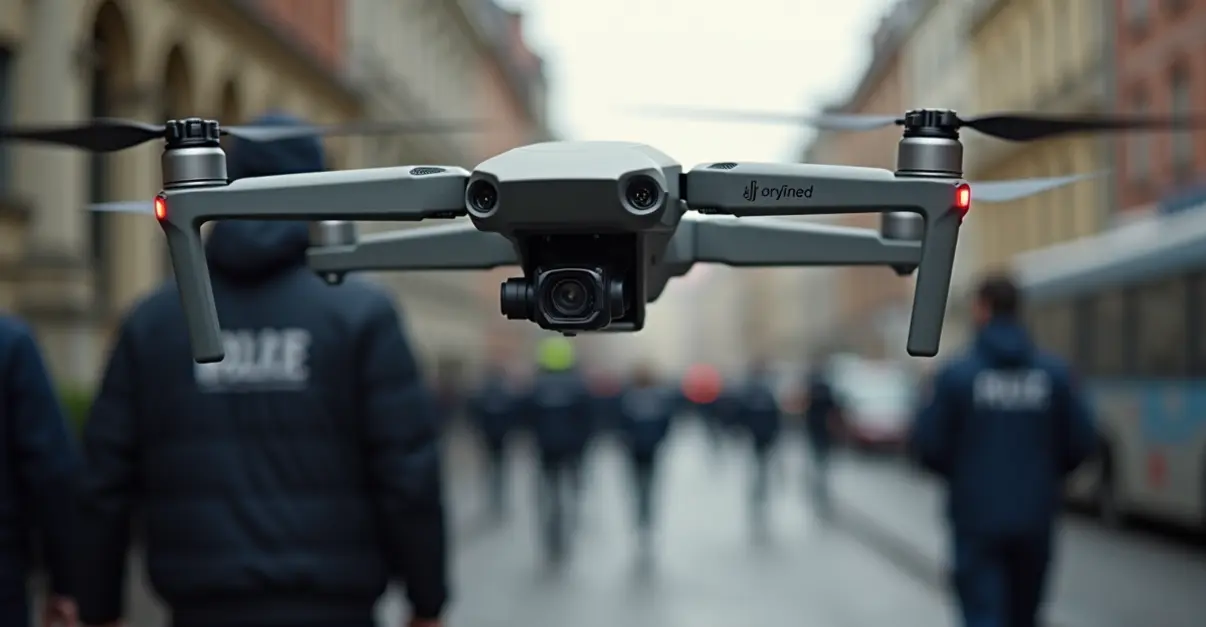Berlin Brandenburg Airport suspended flights for two hours due to drone sightings, forcing diversions and delays. This marks the latest in growing European drone incidents affecting airports.
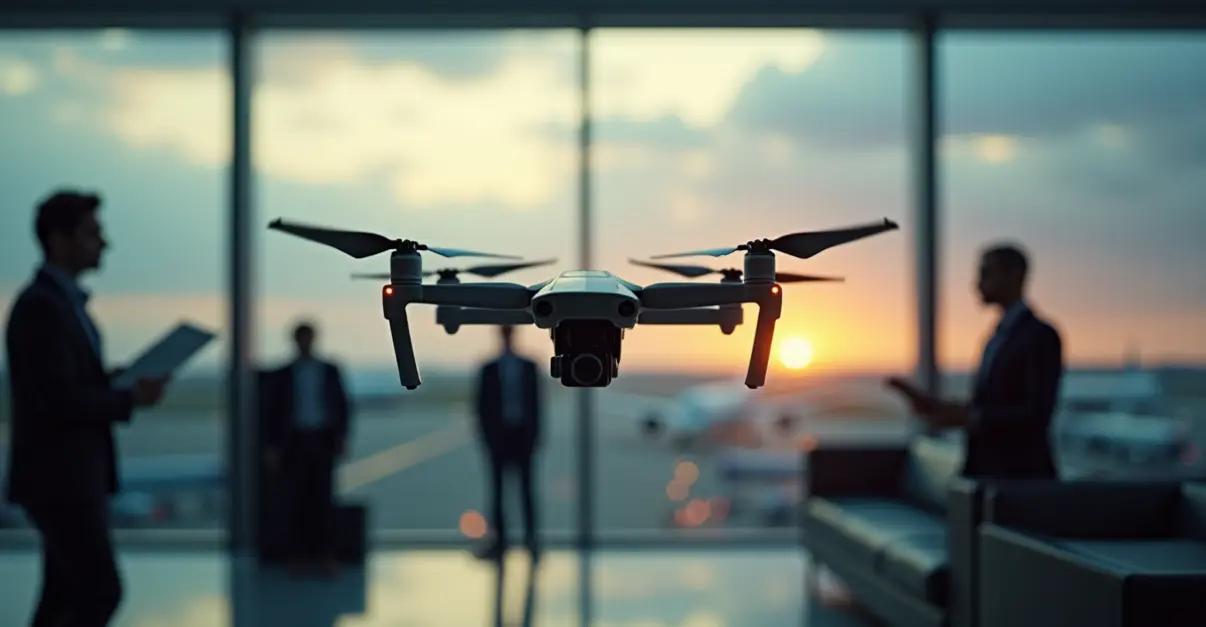
Major Disruption at Berlin Brandenburg Airport
Berlin Brandenburg Airport experienced significant flight disruptions on Friday evening when authorities suspended all air traffic for nearly two hours following multiple drone sightings near the facility. The incident, which occurred between 8:08 PM and 9:58 PM local time, forced the diversion of more than 20 flights to alternative German airports and caused widespread delays throughout the night.
According to airport officials, the disruption began when a pilot initially reported seeing a drone in the vicinity of the airport. Police officers responding to the call subsequently confirmed the sighting, though they were unable to locate the unmanned aircraft despite deploying patrol vehicles and a helicopter. 'We observed what appeared to be a drone, but we could not identify the operator or locate the device,' a police spokesperson stated.
Growing European Drone Problem
This incident represents the latest in a growing series of drone-related disruptions affecting European airports and military installations. Similar incidents have been reported across Denmark, Norway, Belgium, Poland, Romania, Estonia, and Lithuania in recent months. At Berlin Brandenburg Airport alone, this marks the fifth such drone incident, highlighting what security experts describe as an escalating security challenge.
German Interior Minister Alexander Dobrindt has characterized these drone incursions as a 'hybrid threat' requiring enhanced detection and response capabilities. The situation has become particularly concerning given Germany's role as a major NATO supporter of Ukraine, with some officials suggesting possible Russian involvement in these disruptions.
Operational Impact and Response
The temporary closure affected numerous flights, including Brussels Airlines flight SN2591 from Brussels to Berlin, which was diverted to Bremen. Other affected routes included departures to Basel, Oslo, and Barcelona, while incoming flights from London, Stockholm, Antalya, and Helsinki were redirected to alternative German cities.
Airport authorities temporarily relaxed night flight restrictions to help manage the operational backlog once airspace reopened. However, delays continued throughout the night as the airport worked to restore normal operations. 'Safety remains our absolute priority, and we cannot take any risks when it comes to potential drone interference with aircraft,' an airport representative emphasized.
Security Concerns and Countermeasures
The incident underscores the vulnerability of critical infrastructure to drone interference. In Germany, drone operations are prohibited within a 1.5-kilometer radius of airports, but enforcement remains challenging. The 2018 Gatwick Airport drone incident in the UK, which affected 140,000 passengers and 1,000 flights, demonstrated the massive disruption potential of such events.
European authorities are increasingly investing in counter-drone technology, including detection systems and jamming equipment. Recent incidents have prompted calls for improved coordination between airports, law enforcement, and military authorities to address what security analysts describe as an evolving threat landscape.
As one aviation security expert noted, 'The challenge isn't just detecting drones, but responding quickly and effectively to minimize disruption while maintaining safety protocols.' The Berlin incident serves as another reminder of the ongoing security challenges facing modern aviation infrastructure.

 Nederlands
Nederlands
 English
English
 Deutsch
Deutsch
 Français
Français
 Español
Español
 Português
Português




